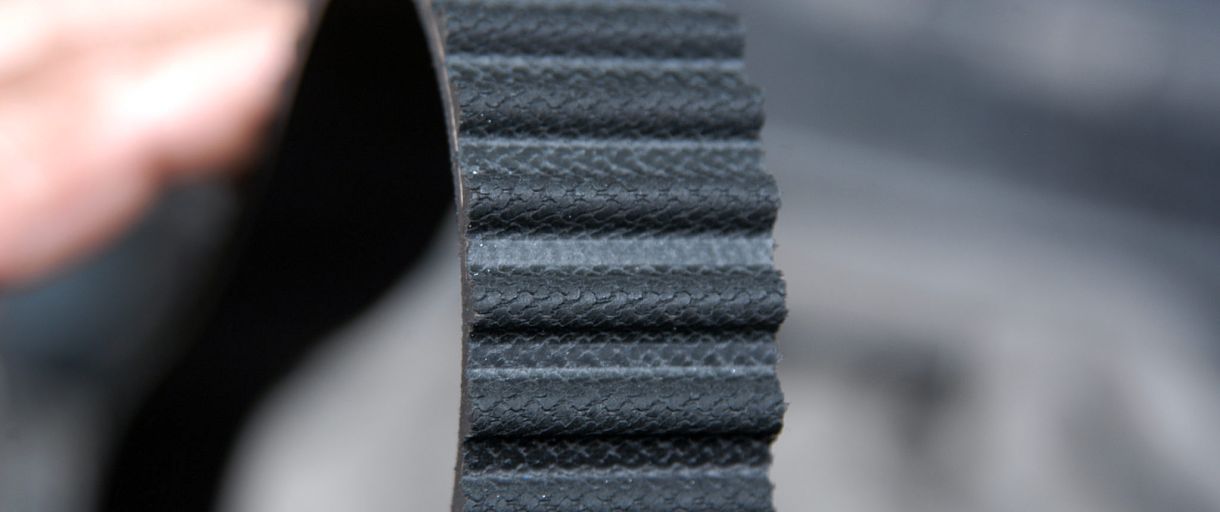SERVICES
Cambelt and Timing Belt
When was your cambelt last replaced? If it breaks, your engine could be in trouble.

For vehicles that have cambelts, we recommend replacement every 5 years or 100,000km.
The cambelt (or timing belt) reduces friction and keeps your engine in time – if it snaps, the valves hit the pistons and the car stops. If the valves break, it’s costly to replace them – well over $1000. That’s why the cambelt is one of the main things you should check when considering a new car purchase.
Some engines have a balance belt along with a cambelt – if you’re not sure, let us know your vehicle’s make and model and we’ll be happy to assist.
Not all engines are created equal – some are more prone to damage than others, so it’s worth checking with the friendly experts at MSC.
At MSC we recommend replacing this belt every 5 years OR 100,000Kms; whichever comes first. It’s so important that you don’t neglect to have this done.
An easy way of explaining how important a cambelt is to imagine that you are riding a pushbike. If the chain breaks or comes off, the bike stops. That’s what happens when a cambelt snaps. Only it’s much easier to fix a bike chain!
The cost is not the price of the belt, but the effect on your engine when the belt goes.
The cambelt keeps the engine in time, stopping the valves from hitting the pistons. When it breaks it can cost $1500 or more to replace the valves.
Always check the kilometres in the cambelt by looking at the service records, when buying a second hand car. Additionally find out when it was last replaced. If you cannot confirm this, it may be best to walk away. In any vehicle pre-purchase inspection, this is one of the most important things to note. Make certain you know the condition of your new cars cambelt!
A Cambelt /timing belt is found in the front or side of your engine behind the plastic cambelt covers. This belt is designed to reduce friction and generate more horsepower.
This belt should be changed every 100,000kms or 5 years, whatever comes first. In some engines there are 2 belts, a cambelt/timing belt or a balance belt. If you are unsure contact MSC with your make and model and we’ll advise you.
As some engines are more prone to damage than others, ask your mechanic if you have a concern about yours.
